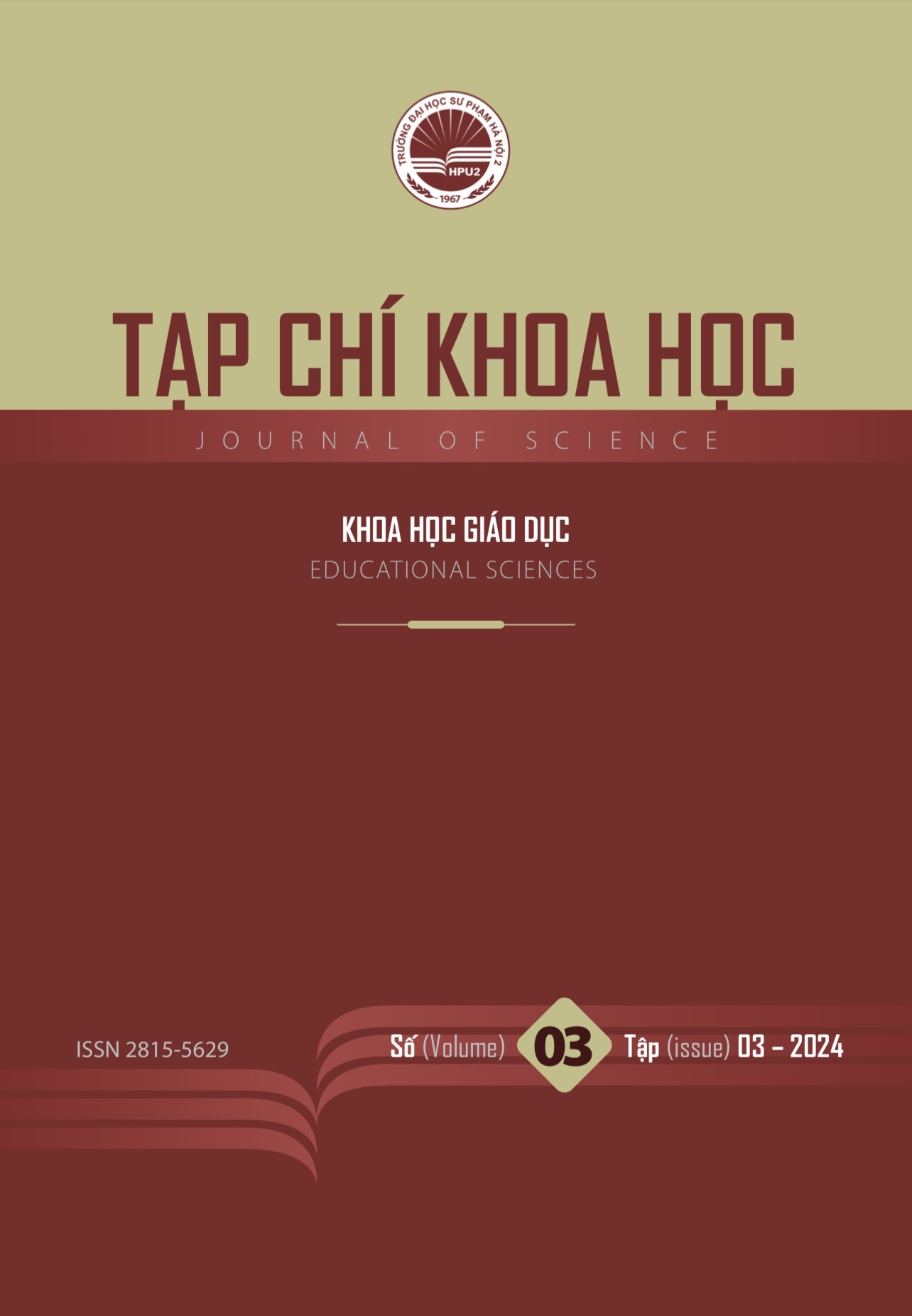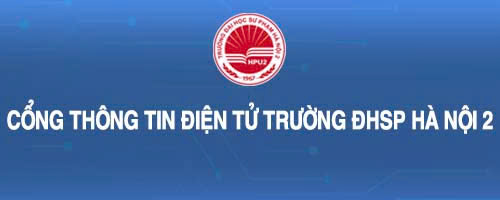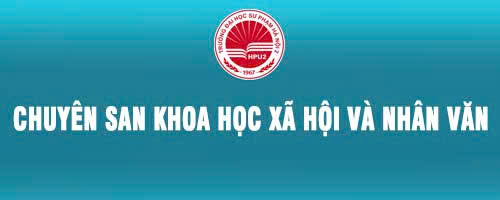Vốn ngôn ngữ trong việc học ngôn ngữ
- Từ khóa:
- giảng dạy ngôn ngữ
- vốn
- vốn ngôn ngữ
Tóm tắt
Trong bối cảnh ngôn ngữ xã hội học, vốn ngôn ngữ đứng như một khái niệm trung tâm, thể hiện tầm quan trọng đối với quá trình học ngôn ngữ. Dựa trên khung lý thuyết xã hội học rộng lớn của Bourdieu, vốn ngôn ngữ được định nghĩa là khả năng sử dụng ngôn ngữ một cách thành thạo, giúp cá nhân đạt được quyền lực và vị thế xã hội (Bourdieu, 1991). Bài báo bước đầu tìm hiểu, tổng quan việc phân tích vốn ngôn ngữ, khám phá sự liên quan và ứng dụng của nó trong lĩnh vực học ngôn ngữ, tầm quan trọng của vốn ngôn ngữ trong học tập đặc biệt học ngôn ngữ và từ đó đưa ra một vài đề xuất về các phương pháp khai thác loại vốn này để nâng cao chất lượng học tập và giảng dạy ngôn ngữ.
Tài liệu tham khảo
1. Benson, P., & Reinders, H. (2019), State-of-the-art article: The state of autonomy in language learning, Language Teaching, 52(2), 237-252.
2. Blackwell, L. S., Trzesniewski, K. H., & Dweck, C. S. (2017), Implicit theories of intelligence predict achievement across an adolescent transition: A longitudinal study and an intervention, Child development, 88(5), 1869-1884.
3. Bourdieu, P. (1984), Distinction: A Social Critique of the Judgement of Taste, Harvard University Press.
4. Bourdieu, P. (1986), The forms of capital. In J. G. Richardson (Ed.), Handbook of Theory and Research for the Sociology of Education (pp. 241-258), Greenwood Press.
5. Bourdieu, P. (1989), Social space and symbolic power, Sociological Theory, 7(1), 14-25.
6. Bourdieu, P. (1991), Language and Symbolic Power, Harvard University Press.
7. Bourdieu, P., & Passeron, J.-C. (1977), Reproduction in Education, Society and Culture. Sage.
8. Bourdieu, P., & Wacquant, L. J. D. (1992), An Invitation to Reflexive Sociology, University of Chicago Press.
9. Council of Europe. (2001), Common European Framework of Reference for Languages: Learning, teaching, assessment, Cambridge University Press.
10. Cummins, J. (2000), Language, power and pedagogy: Bilingual children in the crossfire, Multilingual Matters.
11. Dewaele, J. M., & Li Wei. (2019), Attitudes towards code-switching among adult second language learners in foreign language classrooms, International Journal of Bilingual Education and Bilingualism, 22(1), 66-83.
12. Godwin-Jones, R. (2018), Emerging technologies: Mobile-assisted language learning, Language Learning & Technology, 22(3), 1-17.
13. Kramsch, C. (1993), Context and culture in language teaching, Oxford University Press.
14. Kramsch, C., & Whiteside, A. (2019), Language ecology and language ideology: Towards a sociolinguistic agenda for language learning motivation research, In Z. Dörnyei & E. Ushioda (Eds.), Motivation, language identity and the L2 self (pp. 31-47). Multilingual Matters.
15. Lave, J., & Wenger, E. (1991), Situated learning: Legitimate peripheral participation, Cambridge University Press.
16. Li, L., Wang, Y., & Wang, H. (2020), The application of mobile assisted language learning (MALL) in the construction of a college English language teaching mode, International Journal of Emerging Technologies in Learning, 15(3), 224-237.
17. Met, M. (1998). Curriculum decision-making in content-based language teaching. In J. Cenoz & F. Genesee (Eds.), Beyond bilingualism: Multilingualism and multilingual education (pp. 35-63), Multilingual Matters.
18. Norton, B. (2000), Identity and language learning: Gender, ethnicity and educational change, Pearson Education.
19. Perren, J. (2003), The role of e-learning in the teaching of social work: A case study, Social Work Education, 22(5), 467-478.
20. Phillipson, R. (1992), Linguistic imperialism, Oxford University Press.
Tải xuống
Đã Xuất bản
Cách trích dẫn
Số
Chuyên mục
Giấy phép

Tác phẩm này được cấp phép theo Giấy phép quốc tế Creative Commons Attribution-NonCommercial 4.0 .





